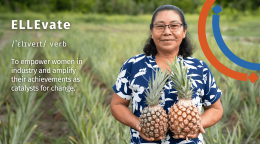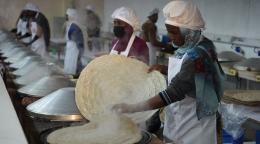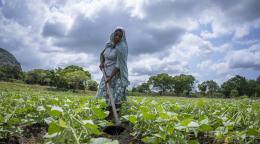Tajikistan Turns Vision into Reality on Food Systems Reform
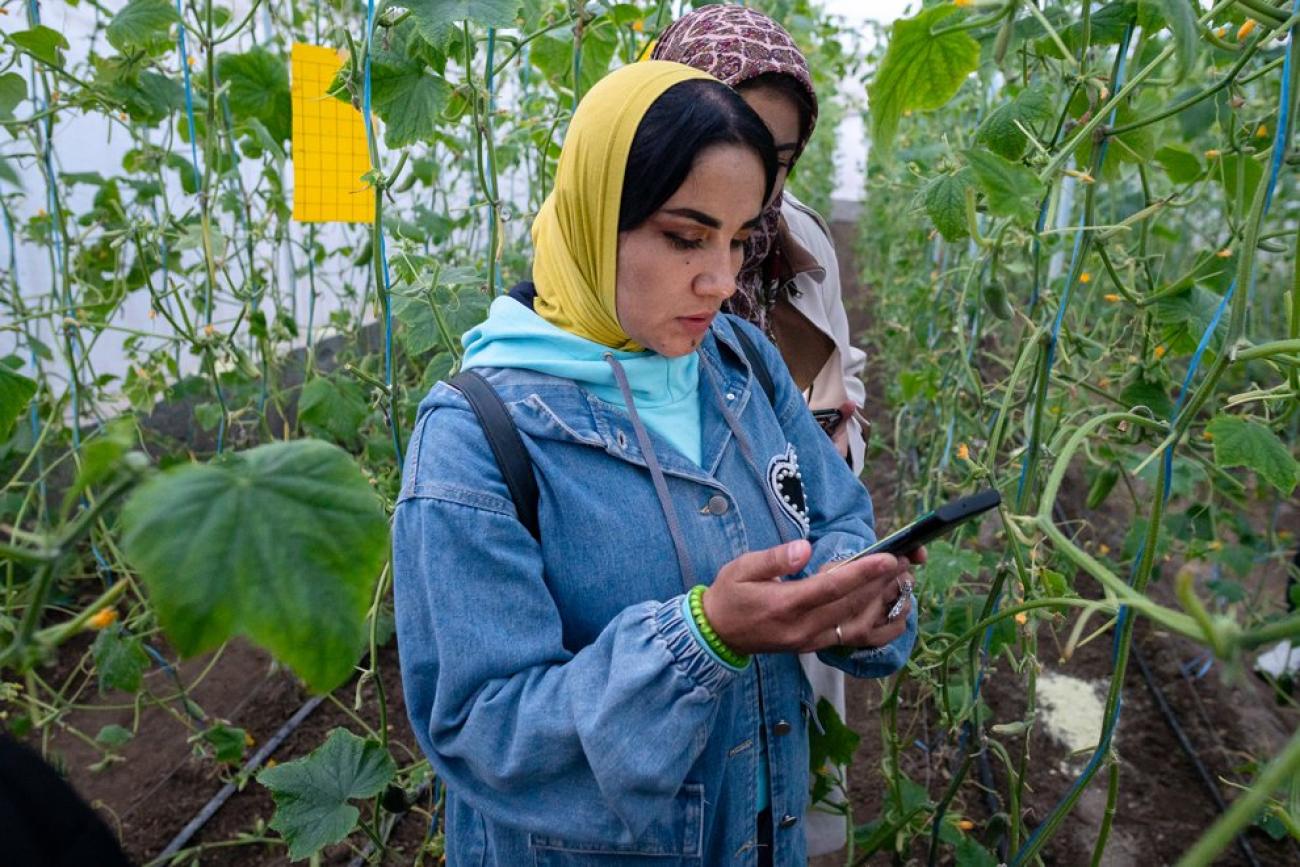
The UN Food Systems Summit +4 Stocktaking Moment (UNFSS+4) in Addis Ababa has reignited global momentum for transforming food systems. Now, we need to turn these global commitments into country-level results on the ground. The summit underscored that real change depends on governments, development partners, and communities working together to reimagine how food is produced, distributed, and consumed.
Tajikistan is already putting this vision into action. Building on years of collaboration between the Government and the United Nations, the country is advancing a comprehensive food systems transformation agenda that links improved nutrition with inclusive growth and sustainability. A joint programme on “Transforming food systems for better nutrition” is bringing together ministries, UN agencies, and development partners to align policies, strengthen institutions, and spark innovation — offering a clear example of how the momentum from UNFSS+4 can translate into meaningful change on the ground.
A new two-year joint programme on “Transforming food systems for better nutrition” was launched during a Joint Steering Committee meeting convened by the UN Resident Coordinator in Tajikistan and the First Deputy Chairman of the Committee for Food Security under the Government of Tajikistan.
The main implementing UN Agencies are the Food and Agriculture Organization of the United Nations (FAO), the United Nations Children’s Fund (UNICEF), the World Health Organization (WHO) and the World Food Programme (WFP). At the Joint Steering Committee all partners including representatives of the Ministry of Health and Social Protection, Ministry of Agriculture, Ministry of Economic Development and Trade, Ministry of Education and Science, Ministry of Industry and new technologies, State Committee on Investments and State Property Management, Scaling up Nutrition (SUN) secretariat, International Finance Institutions, development partners and Embassies came together to discuss the priorities of food systems in the Republic of Tajikistan.
At the meeting, partners agreed on a unified food-systems approach to guide the programme’s implementation. They reviewed and endorsed a comprehensive draft work plan detailing its key outputs and priority interventions, and formulated recommendations to accelerate implementation and drive tangible progress toward improved nutrition outcomes.
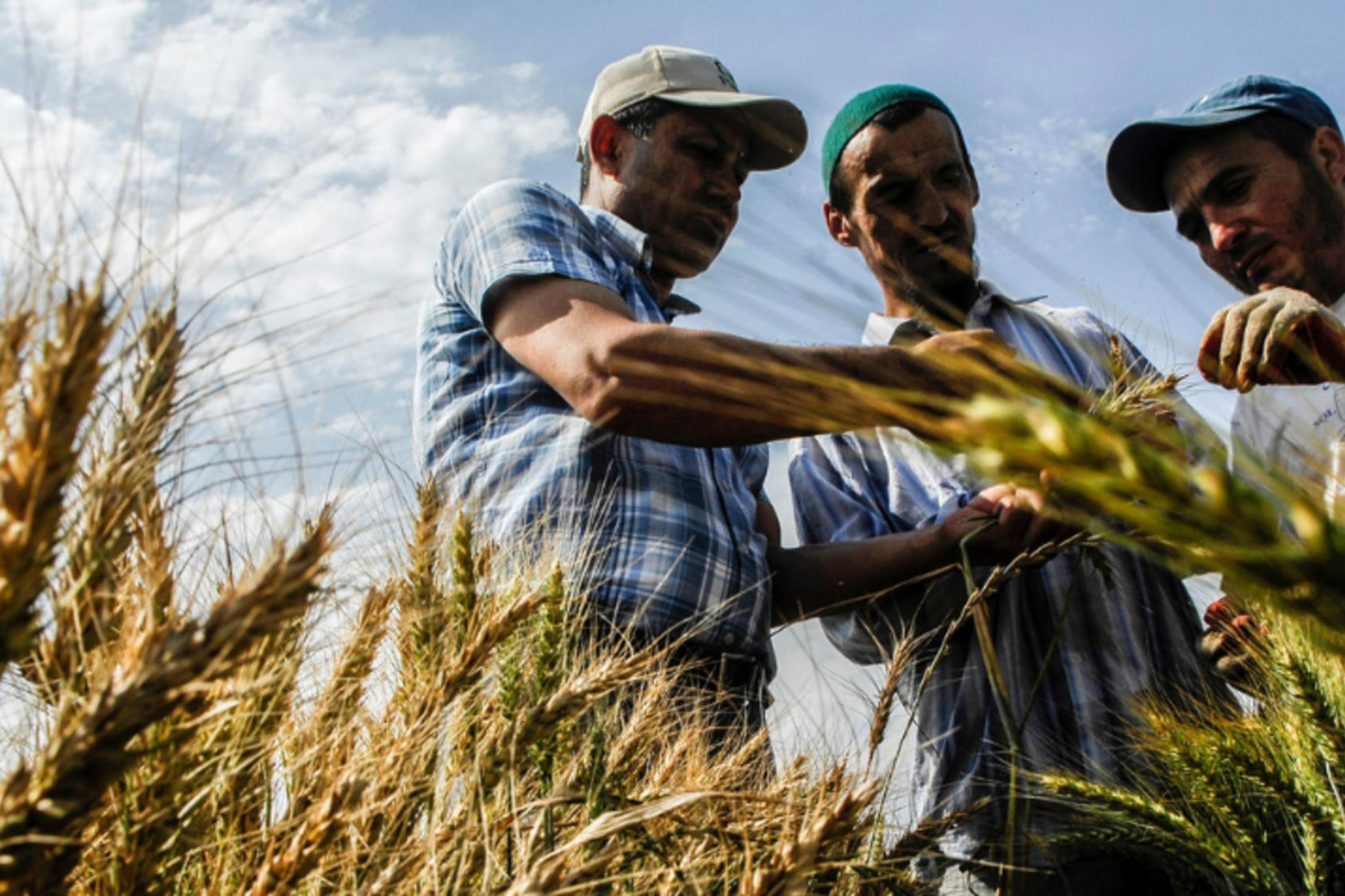
“Transforming food systems is one of the critical accelerators for advancing the SDGs. Since 2021 the UN is partnering with the Government of Tajikistan in advancing the food systems priorities. I am delighted that our collaboration will be continued within this joint programme and will support the Government’s cross-sectoral approach and introduce innovative solutions for food systems transformation and improved nutrition,” said Ms. Parvathy Ramaswami, United Nations Resident Coordinator in Tajikistan, during her opening remarks.
The joint programme “Transforming food systems for better nutrition” is expected to directly benefit over 17 000 people and indirectly reach more than 2 million people across the country. Its core objective is to strengthen institutional capacities and create an enabling policy environment, while simultaneously introducing innovative, locally driven solutions that transform the way food is produced, processed, and consumed.
“By transforming our food systems through innovation, inclusivity and sustainability, we will build a healthier and more resilient Tajikistan for future generations. This initiative marks a turning point in our national effort to ensure that every citizen, especially those in our most vulnerable communities, has access to nutritious, locally produced food that is rooted in our values and guided by a shared vision,” emphasized the First Deputy of the Committee for Food Security under the Government of Tajikistan, Mr. Shirinjonzoda Mahmud.
The joint programme will leverage existing national strategies, coordination mechanisms under the SUN Movement, and international best practices.
The joint programme is financed by the Joint SDG Fund, a United Nations mechanism designed to accelerate progress towards the Sustainable Development Goals (SDGs) and is implemented by FAO, UNICEF, WHO and WFP in Tajikistan.
Note
All joint programmes of the Joint SDG Fund are led by UN Resident Coordinators and implemented by the agencies, funds and programmes of the United Nations development system. With sincere appreciation for the contributions from the European Union and Governments of Belgium, Denmark, Germany, Ireland, Italy, Luxembourg, Monaco, The Netherlands, Norway, Poland, Portugal, Republic of Korea, Saudi Arabia, Spain, Sweden, Switzerland for a transformative movement towards achieving the SDGs by 2030.
For more information about the UN's work in Tajikistan, visit tajikistan.un.org.


